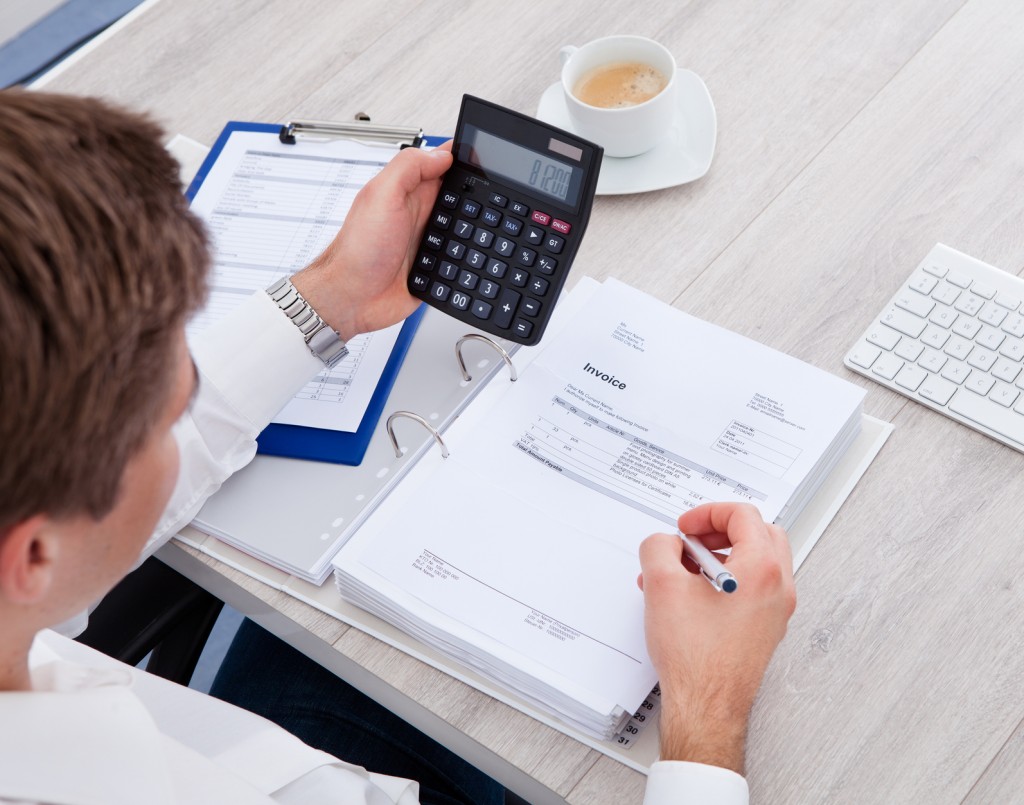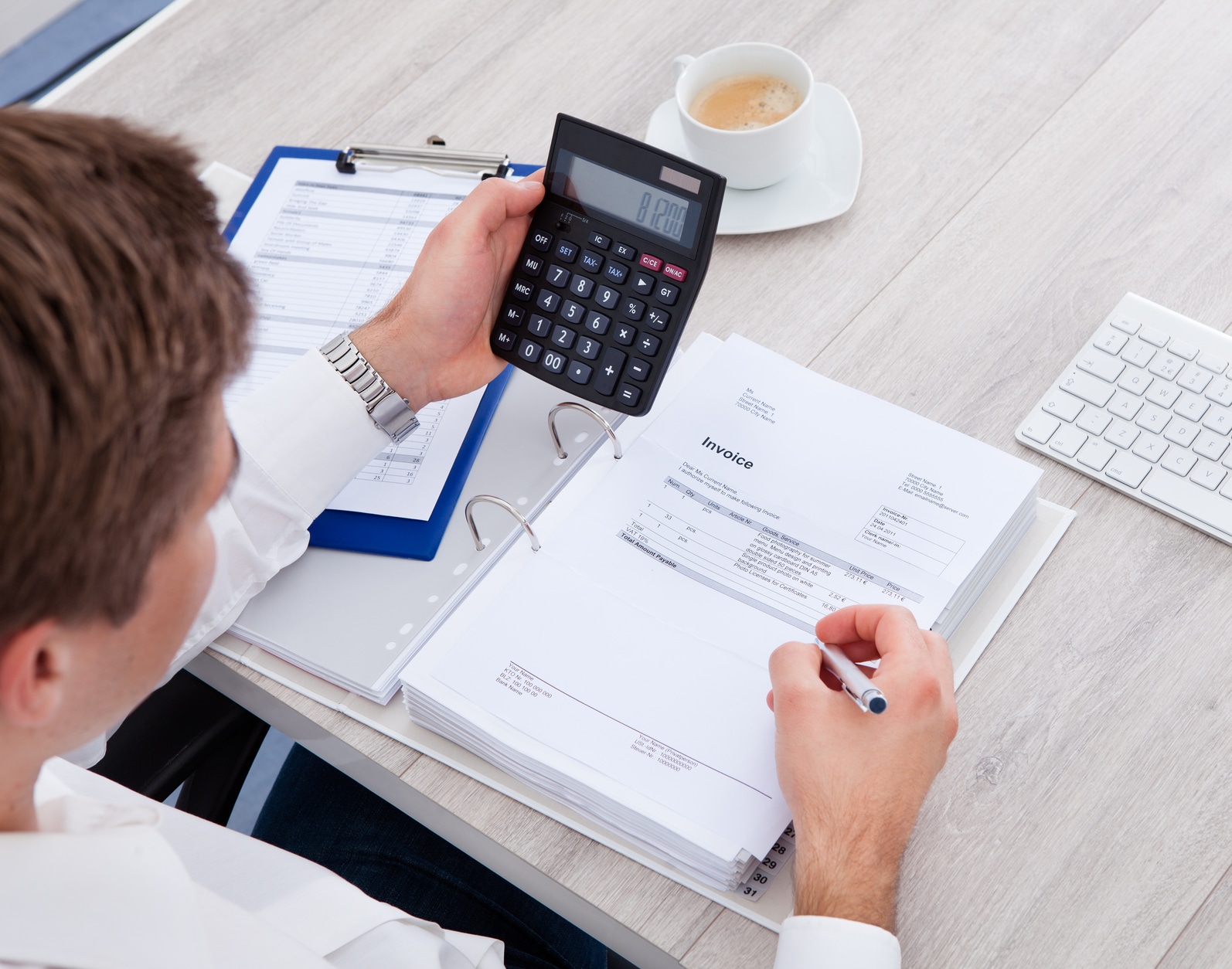 Most people assume that accountants are forced to take on mundane booking keeping and auditing tasks all year to keep themselves busy while they wait for the exiting tax season. In fact, the most diverse work profiles in accounting come with its own set of demands and challenges on a day to day basis.
Most people assume that accountants are forced to take on mundane booking keeping and auditing tasks all year to keep themselves busy while they wait for the exiting tax season. In fact, the most diverse work profiles in accounting come with its own set of demands and challenges on a day to day basis.
Here are some more insights into the day in the life of an accountant –
6AM – Focussing on Demanding Tasks
Since a lot of the work that accountants perform involves rather complex transactions that require a lot of focus, taking them up the first thing in the morning is the most preferred thing to do. The morning starts with a cup of coffee and a short session on the laptop replying to client emails.
8AM – Arriving at the Office
The first few minutes after getting into the office involves managing a hoard of peers and subordinates that descend upon you to ask all the questions. Senior accounts tend to set aside the first one hour of the day answering questions of staff and simply making sure that the work goes on.
10 AM – Getting on with the Work Day
As an accountant, you will be expected to keep track of financial positions, transfers of capital or income and payments made by individuals and institutions. Up until the end of your work day you will be responsible to work on this, and also find time to examine the tax implications of these transactions.
You need to evidently be extremely comfortable with numbers. Furthermore, a major part of your time will be spent reviewing other people’s work and delivering possible bad news. As an accountant, be expected to be greeted in a less-than-friendly manner simply because businesses and individuals are most often in denial about the state of their numbers. Clients tend to get defensive, creating opportunities for unpleasant interaction.
On the other hand, tax accountants tend to face a different work pattern from general accountants and auditors. Personal IT accountants tend to be employed by SMEs or are self-employed. They are responsible to track the income of the client, make sure all quarterly payments due to federal and state agencies are paid off and manage a variety of activities around preparing and submitting documents to the right government bodies.
1 PM – Heading out Lunch & Client Meetings
Studies show that on an average, internal auditors spend only 35% of their time on document review, accounting procedures and paperwork while the rest of the time is spent on the phone, travelling to different locations or meeting with clients, executives, divisional auditors and other representatives.
6PM – Head Home
If you are working as a corporate tax accountant, you will primarily be working right from your office, and getting involved in making decisions for the company. During seasonal surges during the tax season, corporate accounts tend to clock in longer hours similar to personal IT accountants.
Besides that, most accounting profiles offer the flexibility of 10 hour work days giving you the freedom to pursue your hobbies, teach at a local university or simply spend time with the family.










